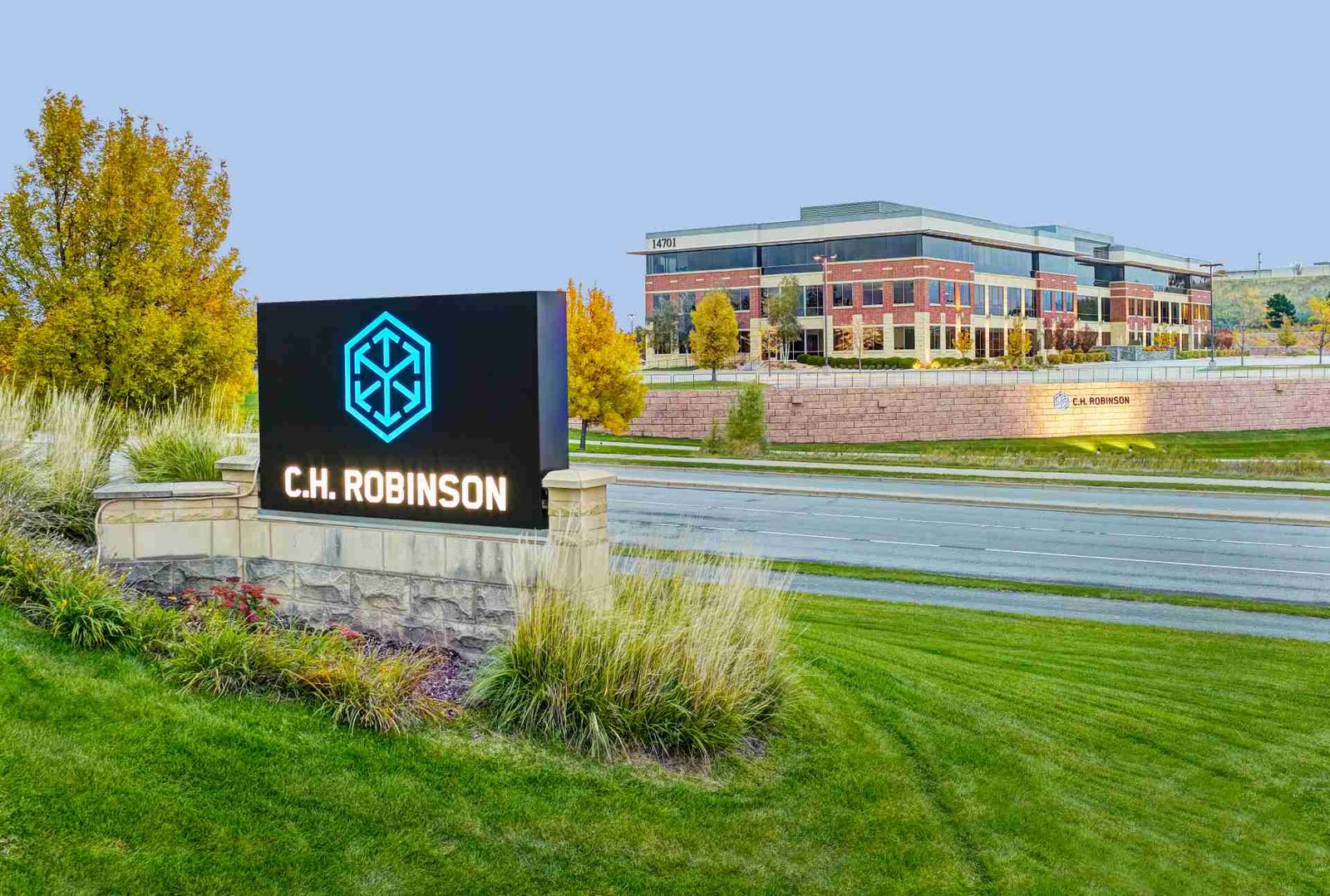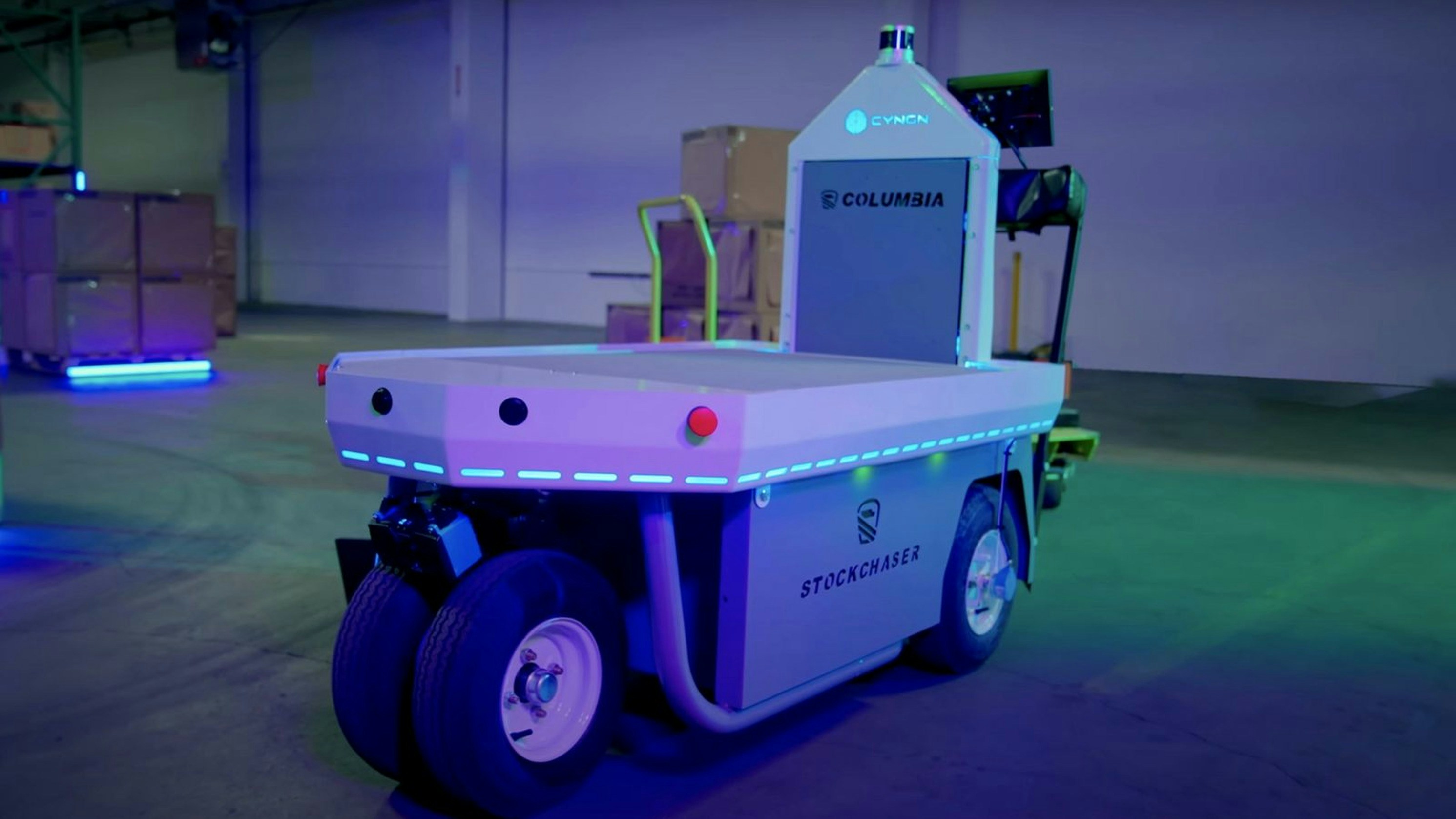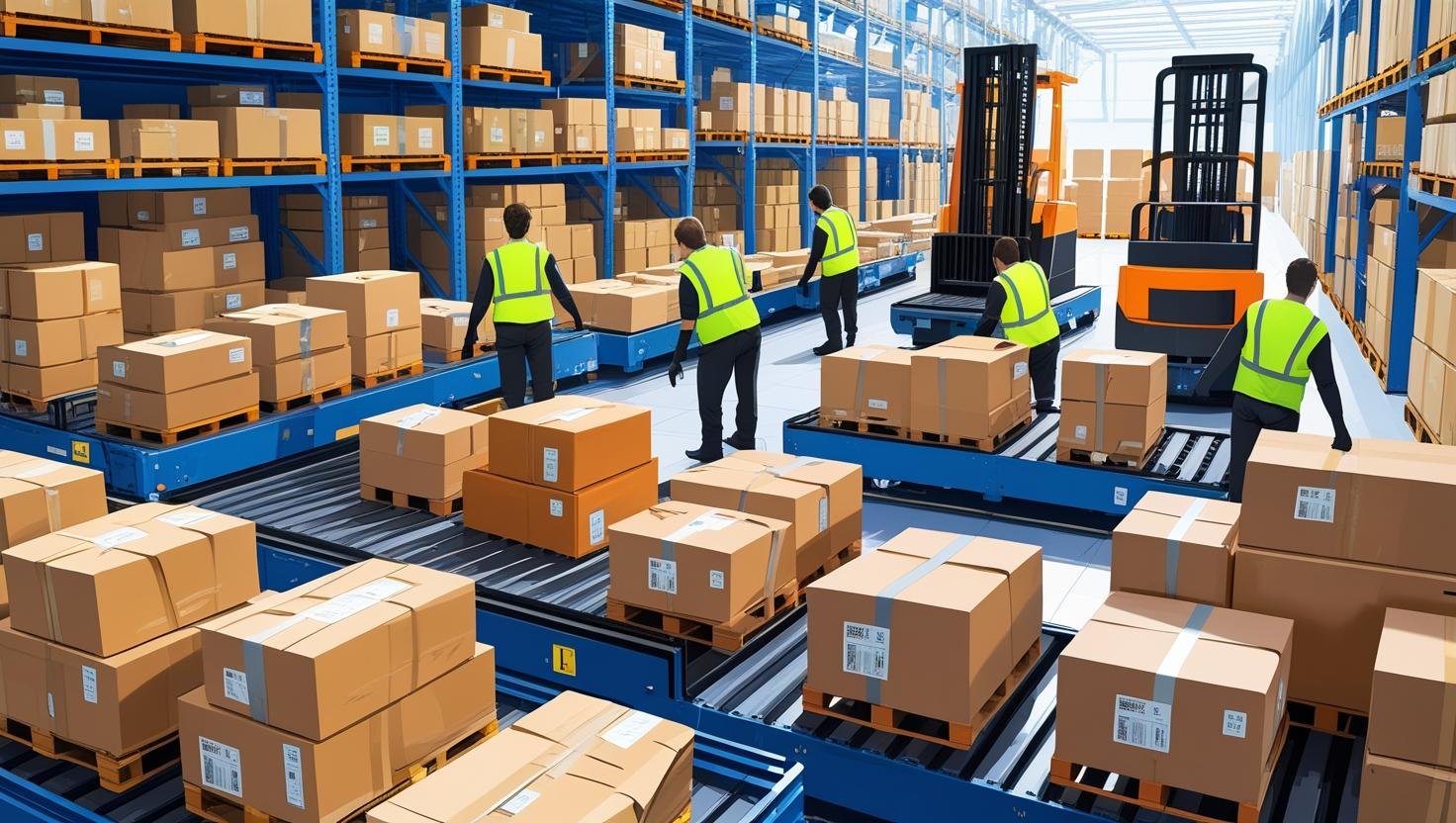Uber Freight is absorbing a costly $9 million loss linked to the bankruptcy of Del Monte Foods’ logistics division — a stark reminder of the risks associated with complex freight partnerships and enterprise-level customer relationships.
According to reports, Uber Freight had acquired the managed transportation operations of a key Del Monte partner, Transportation One, back in 2022. The expectation was to continue servicing Del Monte’s supply chain needs under the new structure. But when Del Monte’s logistics arm filed for bankruptcy, the financial blowback hit hard.
The bankruptcy halted payments owed to Uber Freight for previously fulfilled shipments. Attempts to recover these amounts reportedly failed, prompting Uber Freight to file a claim — but arbitration ultimately ruled against the tech-forward freight broker. The result: a $9 million financial hit that includes unpaid invoices, legal costs, and damages awarded to other impacted parties.
Digital Freight Meets Real-World Risk
This case is a cautionary tale for the freight-tech industry. As digital brokers like Uber Freight pursue aggressive growth strategies — including acquisitions and managed transportation deals — exposure to the financial stability of enterprise shippers becomes a critical factor.
Unlike spot freight transactions, managed transportation contracts involve deeper entanglements, often reliant on multi-party agreements and consistent cash flow from shippers. When any one link in the chain breaks — in this case, Del Monte’s logistics bankruptcy — the ripple effects can be severe.
Looking Ahead
Uber Freight has been expanding its portfolio of managed transportation services and AI-driven logistics tools, positioning itself as a modern supply chain partner for Fortune 500 companies. But as this case shows, even the most sophisticated digital platforms are not immune to the age-old risks of bad debt and market volatility.
It remains to be seen whether Uber Freight will revise its vetting process for new contracts or adjust its exposure to financially unstable clients. One thing is clear: the intersection of freight, finance, and tech is growing more complicated — and more costly.



